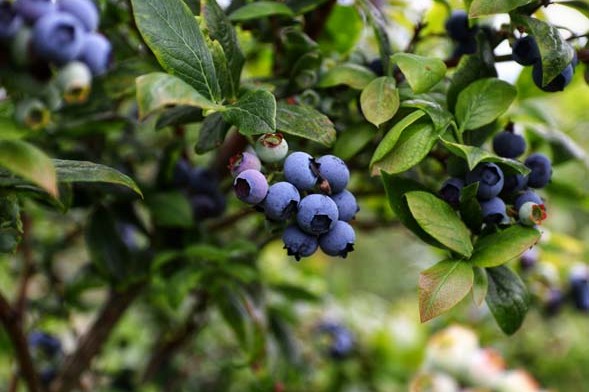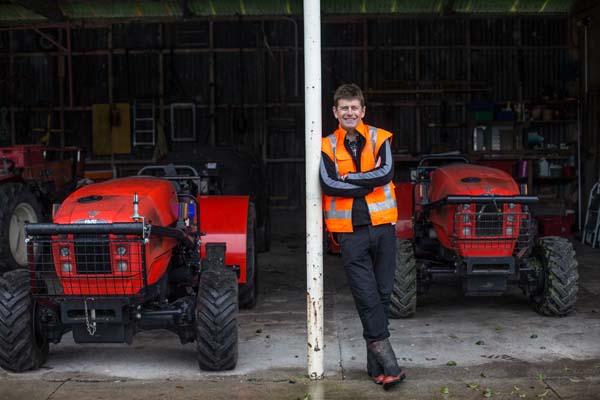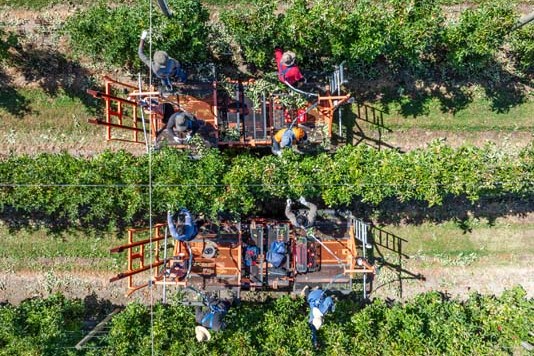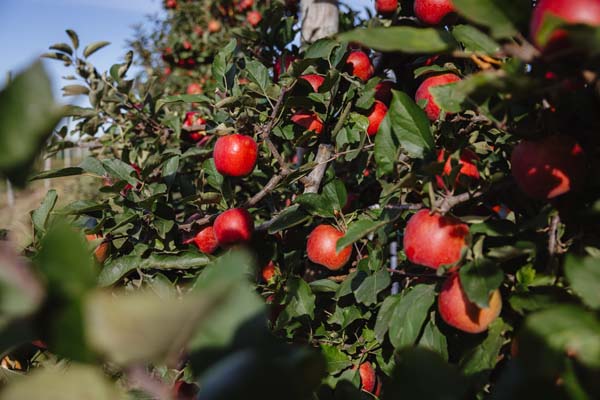Understanding capital and income
Farmers need capital, plus income when they hang up their boots. Elaine Fisher spoke to retired farm finance specialist Don Fraser to find out more.
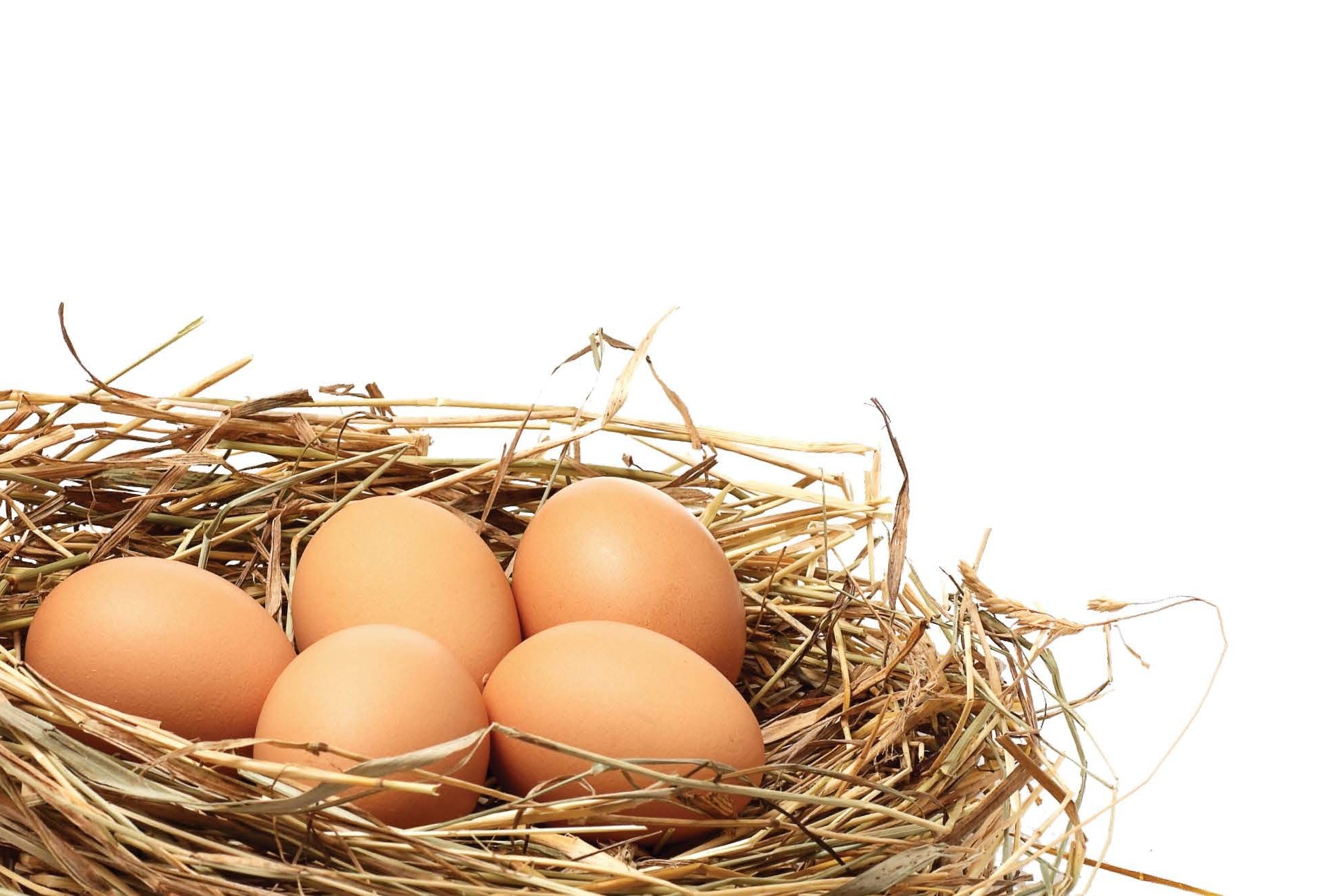
Retirement may seem a long way off for many farmers, but there’s no time like the present to begin preparing for it – and that preparation starts with understanding the difference between capital and income, says Don Fraser, retired farm finance specialist and former dairy farmer.
“It’s vital not to mix the two up. Too often when farmers retire, they take the capital from the sale of the farm and spend it, ending up with nothing left to produce an income for their retirement.”
Don says consensus among many of his colleagues, including former rural bankers, is that 80% of farmers are very poor at managing their finances after selling their farms.
“Believe me you do not want to end up living on the pension and from your vegetable garden. I’ve seen too many people, not only retired farmers, having to do just that.”
After 52 years involved in the rural sector, Don has retired and is living at Waihi Beach, where he’s actively involved in the community. He attended Lincoln College gaining Diplomas in Agriculture and Valuation and Farm Management; worked for the Rural Bank; is a registered valuer; was a dairy farmer and since the mid-1990s, ran his own company Fraser Farm Finance, helping farmers access finance and providing them with advice.
“Over the decades I’ve seen some horrendous things happen to farmers, some outside of their control, but some which were not. It’s very hard to convince some farmers that the capital they have built up in their property from their life’s work, should not all be spent on a world holiday, new vehicles and a house or lifestyle block because too often, there’s nothing left to live on, especially if one of you has to go into care later in life.”
Investing off-farm
Investing off-farm as a way of preparing for the future makes sense but Don strongly advises seeking guidance from suitably qualified specialist consultants to ensure farmers invest wisely and ring-fence their capital.
“Farmers are generally very good at what they do but investing and finances are often not a strength and when they think of investing off farm, most have no idea what they are doing.
“Some farmers like to control things themselves but generally it is better to get a trusted advisor,” says Don. He is an advocate for farmers surrounding themselves with good people who bring an unbiased and informed perspective to the table. An option worth considering when planning for retirement, is to sell the milk company shares and cows, buy a house in town and lease the farm to another farmer. “That retains the land for the family and provides an income. It’s easy and it’s what farmers know.”
Another option is to buy houses as rentals. “The housing market has recently shown rapid gains but are these sustainable? The bright-line test, loss of tax breaks on interest and risks associated with bad tenants, plus a return of between two to three percent on investment means this option is not used by many farmers.”
A hands-off and relatively easy investment is to put money into a managed portfolio such as those offered by companies like Craigs, Spicers, Milford, Forsyth Barr and ANZ. “This involves putting your money into the hands of someone else and requires a high level of trust. However, these portfolios are showing good returns of around 5% and generally have investments spread across New Zealand and Australian shares, utilities, property companies, cash and bonds.”
Investing in property companies such as Oyster Property Group or Augusta Industrial Fund provides shares in specific buildings. “These companies run on 50% debt and are reliant on a rental flow and full tenancy. Most of the tenants are big brand companies. It’s a model which does not suit older buildings. Returns are around 5 to 9% but it’s worth asking that as a minority shareholder in these buildings, is your share portfolio worth what you paid for it, should you wish to sell?”
For farmers who want to invest in the share market themselves, Don suggests choosing shares in companies they know, including those who provide onfarm services and the power company they use. “Never, under any circumstance, borrow money to buy shares.”
Industrial property investment
Another off-farm investment which Don describes as “a best kept secret” can be buying an industrial property. It’s where he has invested much of his money, but it does require a high level of experience and absolute due diligence.
“Often the best investments are right under your nose, and I strongly advise investing in property in your local community. Pride of ownership is really important to many farmers who like to feel they are producing something. By investing in their local service town, farmers will know their tenants and can visit or drive by their buildings on a regular basis.
“Before buying a building, do the research, get a good solicitor and a valuer and once you’ve bought the building, form a good relationship with your tenants. It’s amazing how much goodwill a box of beers or an invitation out for a cup of coffee generates.”
Often there is pressure to leave or gift a farm to the next generation but that is not always possible. “If the capital from a farm sale is $3 million or less, then there is no succession because the parents do not have enough money to buy somewhere to live and create an income from capital.
“It seems that financially successful people really focus on investing their capital wisely and protecting that capital. Those people are also well advised and have a vision for the future.
“If you don’t have a plan or vision, you don’t get to go where you want to.”


